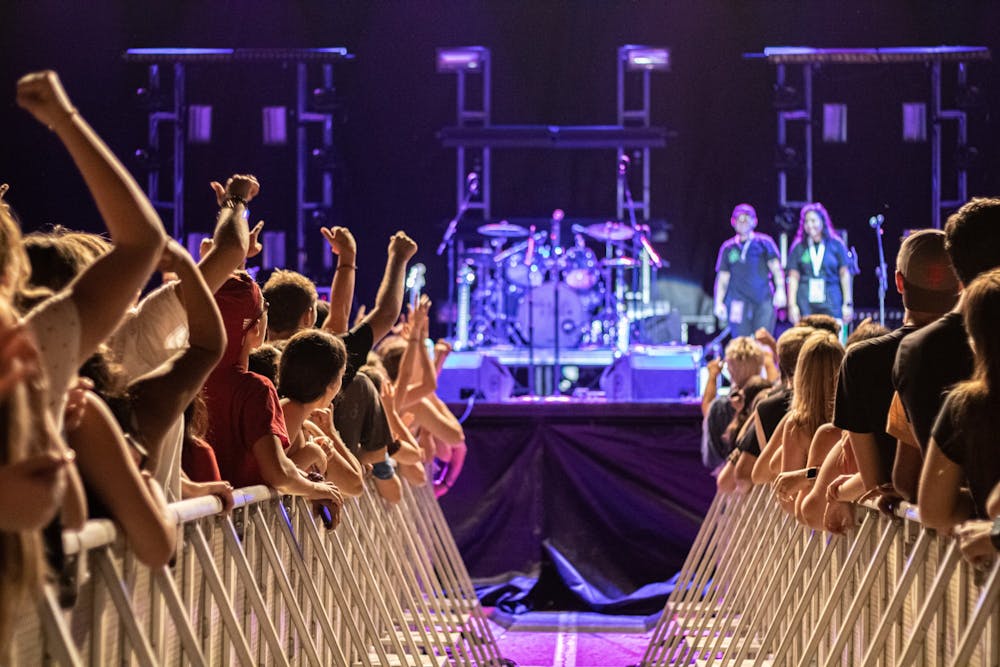The concept of concert safety has been in the news for some time but has recently surged following the incidents and injuries at Travis Scott’s “Astroworld” festival Nov. 6.
A massive crowd surge left numerous people injured and 10 dead. The controversy caused Travis Scott to cancel the rest of the festival as fans and families grieved. Despite time moving forward from the actual event, the ramifications and backlash from it are still far from over.
The consequences of this incident may extend beyond the individual concert itself. Already, some people are being more vocally precautious about attending concerts in the future, especially ones of this scope and magnitude.
ICYMI: After the Audition
Concerts have become a place to let loose. In the age of social media, an audience member can brag to the whole world about attending a concert, and many audience members attend in the hopes of having the experience of a lifetime.
This hype-based culture is nothing new. Back in the ‘50s and ‘60s, artists and bands such as Elvis Presley and The Beatles were followed by legions of adoring fans. While these artists did not always necessarily condone these fans, they certainly did not promote them.
However, the saturation of the music industry has risen to the point where artists want to stand out, meaning some will promote this type of behavior to appeal to people who it attracts. One can see the appeal of being able to completely let loose for a night, but consequences must be accounted for and addressed.
Concerts may be reaching a fork in the road. To maintain their image, producers and organizers need to put their foot down on keeping things safer and more secure. Even if most concerts have little to no injury, problematic artists and their fans have a habit of standing out. Musicians and entertainers put a lot of effort into creating an image for themselves and a unique reason to see them in concert. It would be a shame to see people stay away from concerts as a whole, making all this hard work go to waste due to issues at a minority of performances.
Possible restrictions could be hypothetically loosened up over time, but the average person needs more confirmation than they currently have that they could send their kid to a concert to have fun and not have to worry about them for the rest of the night. Concerts should be an exciting and inclusive way to see an artist, not to mention a place to meet and interact with people who have similar tastes in music and culture.
Maybe some of the hype culture has to be sacrificed for this. But a little less excitement on one night of an audience member’s life is a worthy trade-off for a more secure chance to have many other nights of excitement as well.




